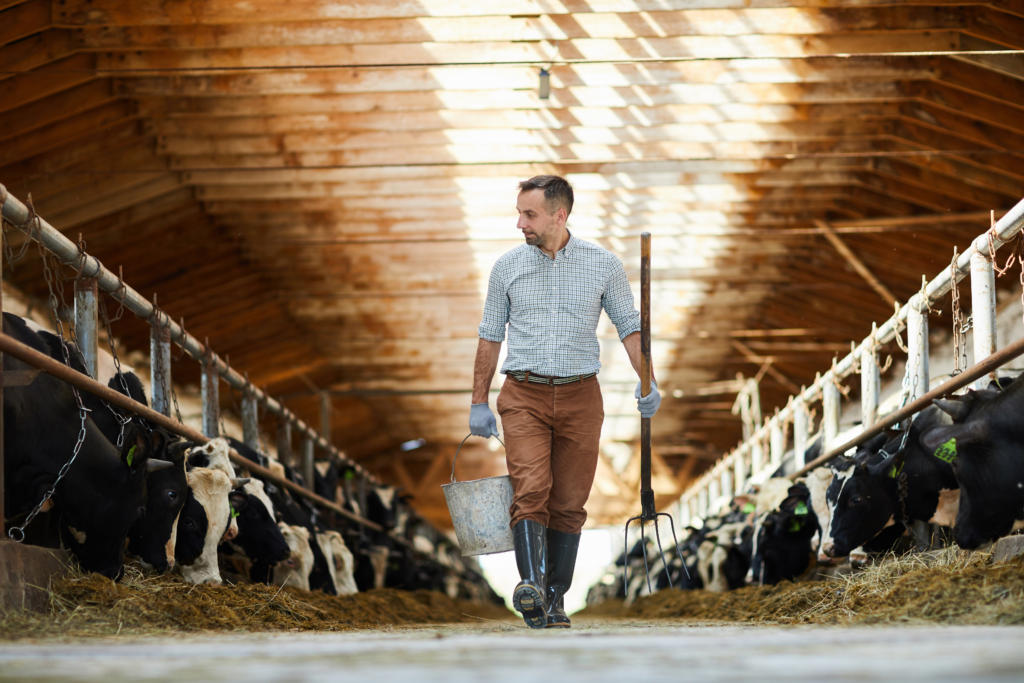
As families get together over Christmas and New Year it is a perfect time to discuss your plans for the family farm. Phil Reed, head of the rural services team at Stephens Scown LLP, explains why succession planning is so important and discusses some of the issues you should be talking about.
For farms where the intention is to hand the farm on to the next generation of the family, one of the most crucial points in the life cycle of the business is the transfer of the farm from one generation to another. Succession planning is a crucial preparatory phase that will make this a much less stressful time for both the older and younger generations.
Start discussions early
I’ve helped many farming families through the succession planning process and the most successful transitions happen when succession planning starts at an early stage and actively involves the older and younger generations. Involving professional advisors including your lawyer and accountant at an early stage is also important.
Even at the very earliest discussion stage of succession planning, it is advisable for everyone involved to be able to express their wishes clearly. There is no point planning to pass your farm onto your child if they would actually prefer to pursue a different career!
Understanding each other
It is useful to understand both the older and younger generations’ ambitions for the business, personal plans for the future and what they want their involvement in the farming business to be. Differences in ideas and approach may crop up. That is perfectly normal and is not something to be overly worried about. In my experience this can be a really useful thing.
Often the younger generation may have new ideas that could really benefit a farm, particularly when it comes to harnessing the potential of new technology. Likewise, the older generation will have the experience and insight which will no doubt have guided the farm through many challenges over the years. Having an open and honest discussion together will enable you to make the best plans for your family farm.
Next steps
Succession planning involves having a strategy in place for effectively brining the next generation into the business and to ensure it is successfully handed over at the right time and with minimum disruption. As well as the family members who are to remain in the business being a focus, it will also be important to manage relationships with any children or other family members who will not remain in the business, for whatever reason.
Succession planning will undoubtedly present both opportunities and challenges. Preparing a family constitution may help you identify and deal with certain issues that may otherwise be ignored. A family constitution is not a formal document and has no legal force but it can be a helpful informal statement of the family’s aspirations and general understanding on how the family’s wealth should be preserved and used by the current and future generations.
